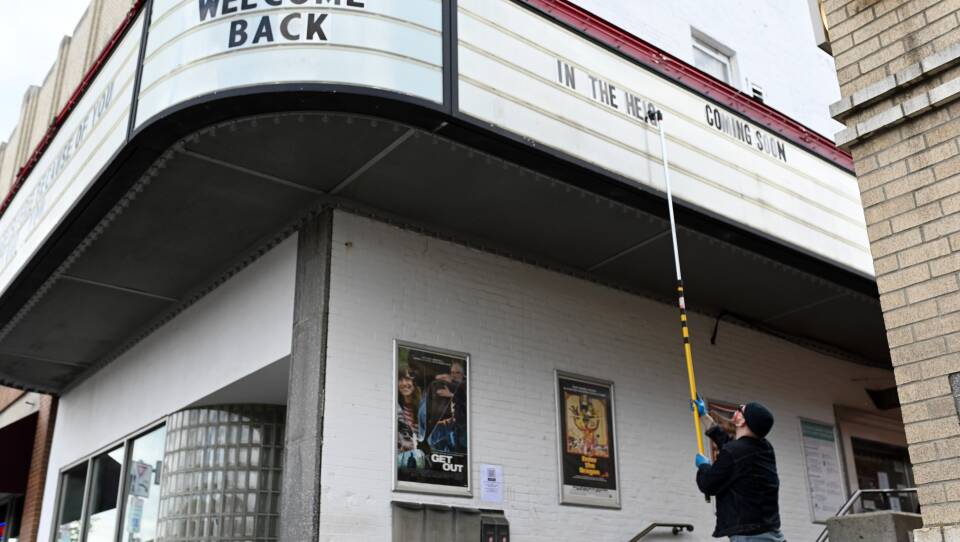Even though most theaters have resumed business since they were forced to close their doors and cancel performances due to the COVID-19 pandemic, a recent survey by ArtsBoston indicates that the Boston performing arts industry is still experiencing lingering effects of the pandemic.
“Last year was really tough,” Catherine Peterson, executive director of ArtsBoston, said Thursday on Boston Public Radio. “And so the recovery we had been looking for last year — where we knew there were going to be 15% to 20% down — it's actually been more like 25% to 40% for many organizations.”
Fewer people coming into venues means a loss of revenue, affecting organizations' budgets, workers' salaries and whether they can retain employees.
“There are large organizations where literally 50% of their staff are new from where it was in March of 2020,” Peterson said. “And the impact that has in terms of the loss of institutional knowledge, and the pressure it puts on the folks who did stay, and the amount of time it takes to onboard people, is significant.”
Cathy Carr Kelly, the executive director if Central Square Theater, echoed the sentiments about challenges in the last year but expressed optimism that this year is giving theaters a chance to try and get things back to some kind of normalcy.
“Last season was a huge challenge," she said. "I don't think any of us made a full year with all of our shows — we just didn't. That's changed. And now we're, you know, we're back swinging the bat at it.”
She also noted that, thanks to surveys like ArtsBoston’s, theaters like Central Square have a better understanding of what audiences are looking for in this new age of theater-going. She said that knowledge is crucial, because relationships with their audiences have played a large role in how theaters have chosen to reopen and operate as the pandemic continues.
Carr Kelly said trust and perception are the two most important things that a theater should understand about their audience: “Do they trust us? And do we understand how safe they perceive they need to be?”
Trust, she continued, seems to have been largely established with the return of audiences to performances last year. Perception, however, is a more individualized process. The key to that, she said, is communication and transparency. Central Square theater found success with small gestures such as calling their guests to let them know what they’re doing to try and make audiences feel comfortable.
But health isn’t the only barrier to entry that has challenged theaters.
Some guests have struggled to pay for tickets because of the economic strain of the pandemic. That's led to pay-what-you-can or pay-it-forward programs that allow theatergoers to decide how much they can individually spend on seeing a show. However, while great for audiences, these programs can put further financial strain on theaters.
Along with these challenges comes new opportunities in the arts world, however.
“We want to come back to a new way of doing things that's better than we were before. And that takes the ability to take a deep breath, to collaborate, to really think about things,” said Peterson.
And, as Carr Kelly says, that change often is a factor of theaters being well-supported.
“While the government and foundations have helped get us to where we are now … we count on individuals," she said. "We appreciate your financial support dearly. And bring people to the theater with you.”






